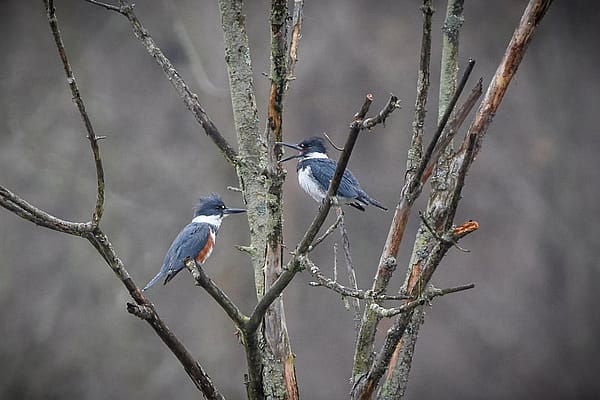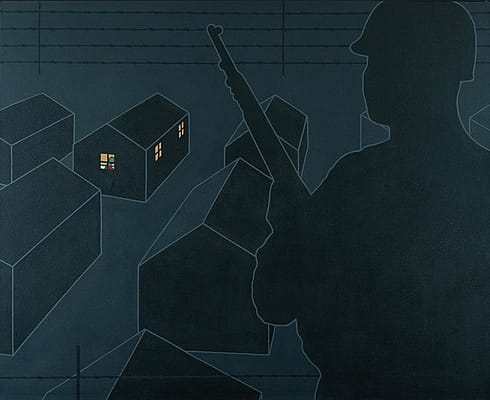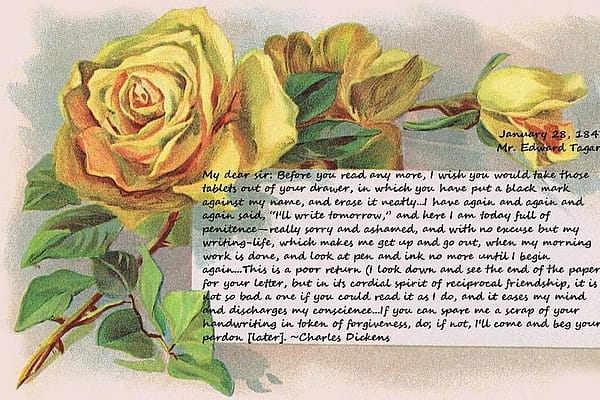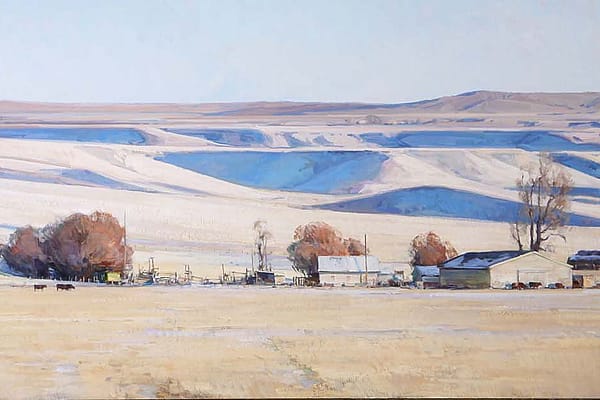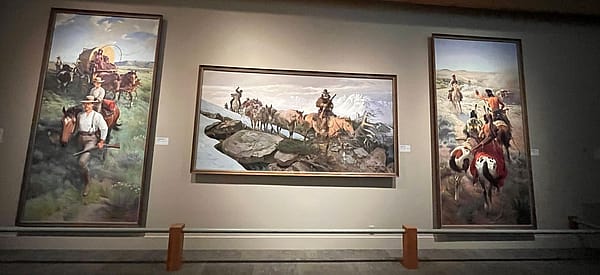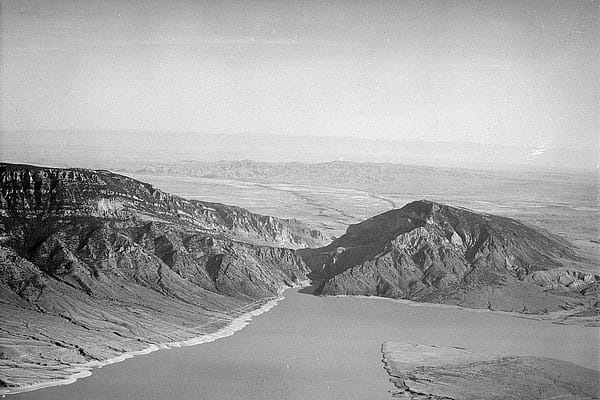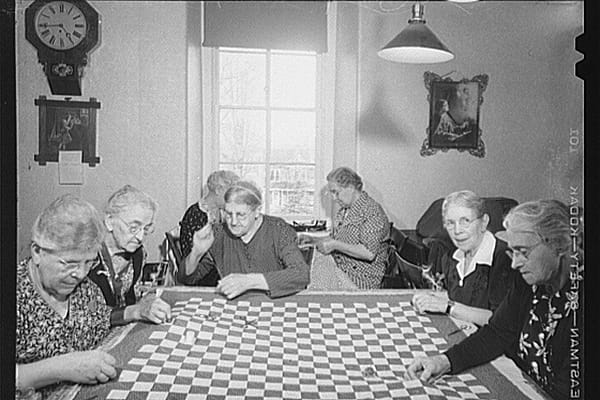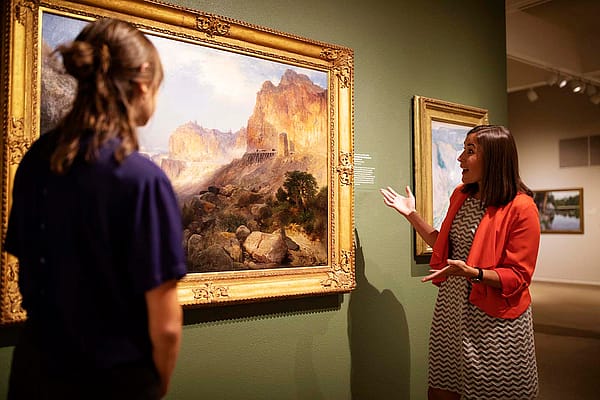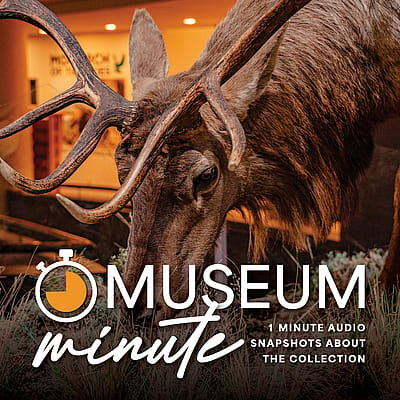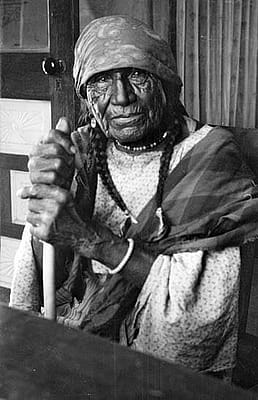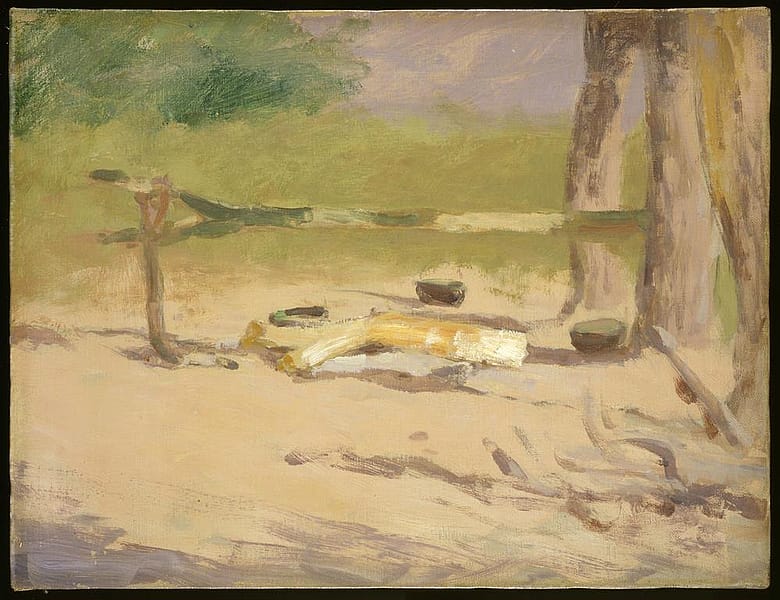
Coffee: It’s déjà brew…
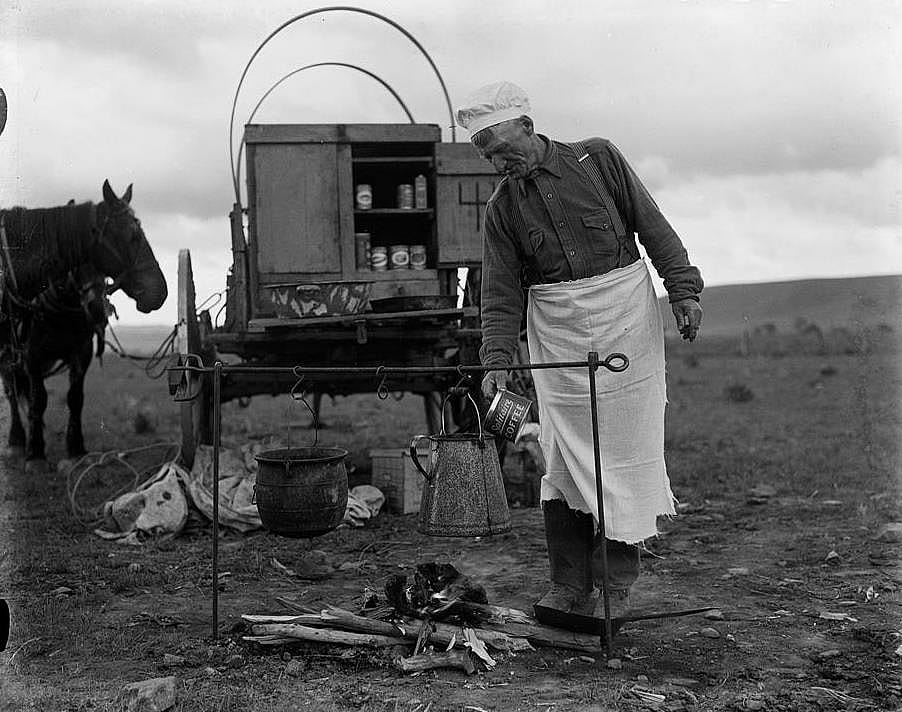
Coffee was a mainstay on the trail in 19th-century America.

By the time Americans headed West, coffee was readily available and integral to the long journey. It was an effective stimulant that energized the horseback riders, walkers, and wagon-riders along the trail to get moving. It was also “a small pleasure in the midst of a very hard life” according to one author. It was easy to carry, and a little bit went a long way.
“At first, if you wanted coffee in the Wild West, you had to work at it,” according the website, coffee.org. “That’s because the coffee often had to be roasted first. Green coffee beans would be roasted on an open skillet and then put into a bag and crushed, often using the handle of an axe or a wagon jack. Then the ground beans were put in a coffee pot and placed on the fire.” Later, coffee could be purchased “pre-roasted,” making it even more convenient to carry West.
Camp “cookies” would surely scoff at today’s baristas, their fancy espresso machines, and the entire culture built around coffee. From coffee stands to special sections in grocery stores, Starbuck’s to Dunkin, coffee has come far from its nineteenth-century days.
Still, the reasons for drinking coffee then and now haven’t changed much: To get a boost. French novelist Honoré de Balzac (1799 – 1850) wrote an essay on coffee, titled “The Pleasures and Pains of Coffee.” Here is an excerpt:
This coffee falls into your stomach, and straightway there is a general commotion. Ideas begin to move like the battalions of the Grand Army of the battlefield, and the battle takes place. Things remembered arrive at full gallop, ensuing to the wind. The light cavalry of comparisons deliver a magnificent deploying charge, the artillery of logic hurry up with their train and ammunition, the shafts of with start up like sharpshooters. Similes arise, the paper is covered with ink; for the struggle commences and is concluded with torrents of black water, just as a battle with powder.
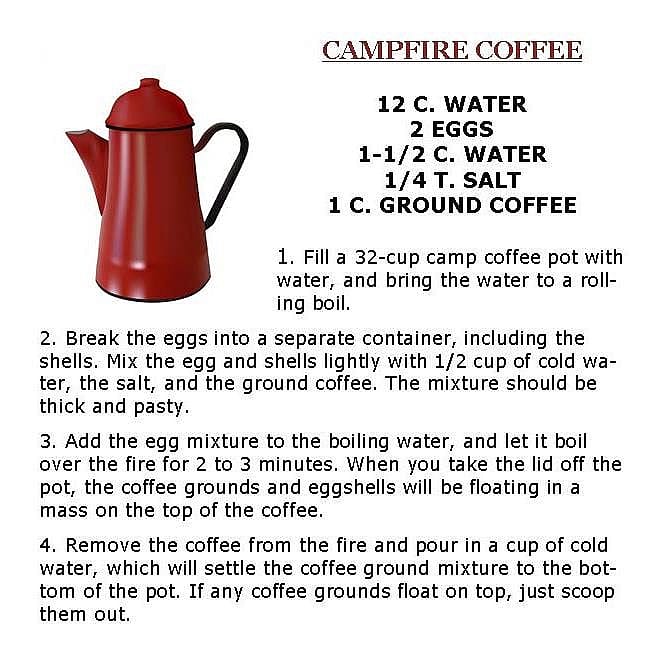
On the trail, Balzac’s “battalions” may have been longhorns, and the “light cavalry of comparisons” may have been the decision between walking all the way West or riding in the wagon. Either way, the brown brew permeates our history and remains for the aficionado “good to the last drop.”
Written By
Marguerite House
Marguerite House served as the Center of the West’s Acting Director of Public Relations until her retirement at the end of 2018, and as editor of its member magazine, Points West, through May 2019. Following a seven-year stint as Business Manager for the Cody Country Chamber of Commerce, Marguerite moved “across the street” to the Center in 1999. She then held five different positions in three of the Center’s four divisions, landing in PR in 2005. “I think that [gave] me all kinds of perspectives for our readers,” she says. She enjoys writing (especially a weekly column for the local newspaper called “On the House”), cooking, and spending time with her six grandkids.
